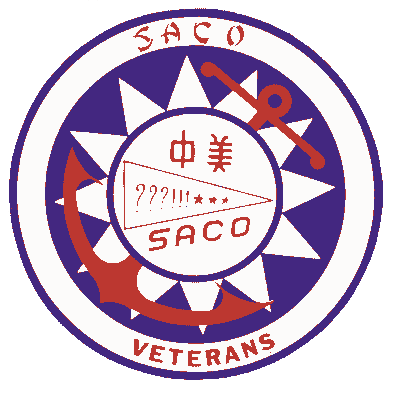All,
Interesting to see the opinions about SHAEF and Ike as supreme commander.
If we look at the Pacific war, we do see a different picture, I believe.
USN with King/Nimitz focused on fighting across the Pacific to Japan.
MacArthur (US Army) island hopping.
It seems to me that the reason for those two commands was political. The saving grace was perhaps that the US could afford to have two competing thrusts. The resources were there and going in to ’44 it was clear that the war could and would be won.
Now it was a matter of political consideration and thinking beyond the defeat of Japan.
Then we have the British efforts in Burma – with Lord Mountbatten as supreme commander. Stillwell as deputy and the Chinese question un-resolved. The US obsession with China is hard to understand.
It also looks to me as though Brooke et al were not really interested in Asia at all. Surely Germany first was not a bad idea but could there have been a middle-ground?
Here is the idea: Could there have been a supreme commander in Asia who actually had authority over the entire war against Japan?
If so, did it have to be US Navy? If it had to be US army it would have been MacArthur, but that would spell disaster I think
Any thoughts on that?
Interesting to see the opinions about SHAEF and Ike as supreme commander.
If we look at the Pacific war, we do see a different picture, I believe.
USN with King/Nimitz focused on fighting across the Pacific to Japan.
MacArthur (US Army) island hopping.
It seems to me that the reason for those two commands was political. The saving grace was perhaps that the US could afford to have two competing thrusts. The resources were there and going in to ’44 it was clear that the war could and would be won.
Now it was a matter of political consideration and thinking beyond the defeat of Japan.
Then we have the British efforts in Burma – with Lord Mountbatten as supreme commander. Stillwell as deputy and the Chinese question un-resolved. The US obsession with China is hard to understand.
It also looks to me as though Brooke et al were not really interested in Asia at all. Surely Germany first was not a bad idea but could there have been a middle-ground?
Here is the idea: Could there have been a supreme commander in Asia who actually had authority over the entire war against Japan?
If so, did it have to be US Navy? If it had to be US army it would have been MacArthur, but that would spell disaster I think
Any thoughts on that?
